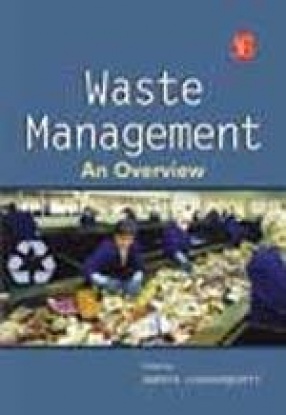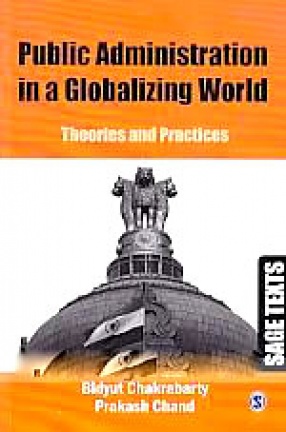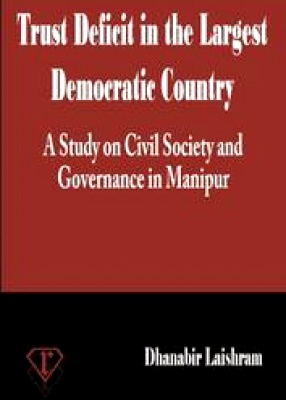Waste Management: An Overview
Synopsis
An efficient use of resources and an effective management of waste are essential features of an environmentally sustainable economy. However, in many developing countries, waste management facilities are both inefficient and insufficient. Some of the broad causes of sub-optimal waste management in developing countries, like those in South Asia are poor existing disposal systems as well as lack of awareness of the environmental externalities. The pertinent question, then, is - what is so worrisome about inefficient and undeveloped waste management systems? The answer is that they cause major damages to the environment, which, in turn, causes health hazards. The fast pace of economic growth and the consequent changes in the standard of living, on the one hand, and population growth, on the other, have led to increasing volumes of waste at an alarming rate. Due to lack of awareness amongst the masses in most developing countries, management of waste is very difficult. Much of this waste has proved to be extremely toxic. The latest scientific assessment report of the Intergovernmental Panel on Climate Change (IPCC) issued in Paris on 2nd February 2007 blames humans squarely for environmental damages, like global warming, sea level rise, changing weather patterns (including severity of storms/cyclones) and freak weather in many parts of the globe. “What humans have done over the last couple of hundreds of years is unprecedented†says Rajendra Pachauri, Chairman of IPCC. “It hasn’t happened over tens of thousands of years.†(Source: Earth Cannot Afford Humans, THE TELEGRAPH, 3rd February 2007.) Detrimental consequences of being lax with waste management impacts human health adversely and, in the final count, any negative impact on human capital impedes development of society. However, it is important to remember that though waste has a deleterious impact on the environment at global and local levels and immediate steps have to be taken to implement effective waste management methods, it is also important to remember that waste contains resources, which can be reused or recycled to deliver economic value, resulting in greater resource efficiency.
Read more
34.20
30.78
$
38.00 $
Free delivery Wolrdwidе in 10-18 days
Ships in 2-4 days from New Delhi
Membership for 1 Year $35.00
Get it now and save 10%
Get it now and save 10%
BECOME A MEMBER











Bibliographic information